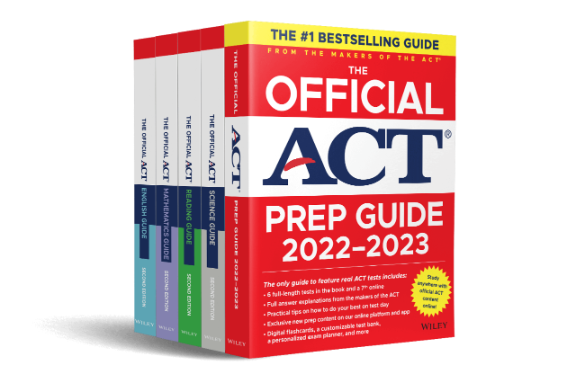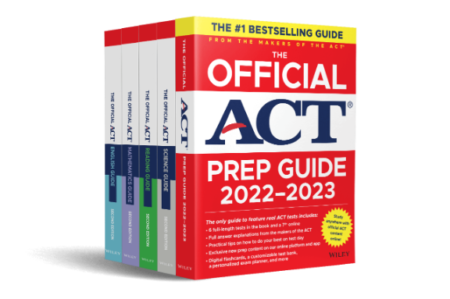
Act subject test m1
ACT Subject Tests in Middle East and North Africa
ACT subject tests come in different forms and can be taken to demonstrate equivalency. They are an excellent way to supplement an academic CV, and are now available in the Middle East/North Africa region. Read on to discover what this test entails and how you can prepare to ace it. This article provides tips for taking the ACT Math 1 test. It also offers advice on English, reading, and biology.(Act subject test m1)

ACT Math 1
The ACT Math 1 subject test is a fairly straightforward assessment of basic mathematics. There are 60 questions on the test, and the exam can be completed in just 60 minutes. Bringing your own calculator is highly recommended, but it isn’t required. Graphing calculators, scientific calculators, and basic four-function calculators are allowed. Although calculators are useful on some questions, they can slow you down on others. ACT does not allow certain types of calculators, however. As long as the student removes the paper tape and mutes the calculator’s noise, they are permitted.
The ACT Math 1 subject test covers concepts from elementary school. Topics covered on the test include the quadratic formula, equations with absolute values, determining proportions, understanding matrices, and complex numbers. The test also covers graphs and data analysis. It may be necessary to review basic geometry or algebra before taking the test, but it’s not necessary to be an expert to pass the ACT Math 1 subject test.
ACT Biology
ACT’s Biology subject test m1 measures your knowledge of the concepts and theories of a particular course. Developed in partnership with leading educators, the ACT subject tests are a comprehensive assessment of student knowledge. Students can use their scores to gain equivalency in the subject. Students can take a subject test to supplement their ACT scores or as a benchmark for admissions and scholarship applications.
The ACT’s Biology subject tests are intended to follow the high school curriculum. The Middle East and North Africa region has a different version of the test. The tests include several activities designed to help students apply their knowledge of scientific inquiry. Students must solve problems that require scientific inquiry and use measurement and graphical models to answer the questions. The ACT Biology subject test m1 is not a substitute for the SAT.
ACT English
The ACT English subject test m1 measures a student’s knowledge, skills, and ability as a writer and reader. The exam uses authentic high-quality texts, including fiction, drama, and nonfiction texts, to measure a student’s knowledge of literature and their writing skills. To prepare for the ACT English subject test m1, students should review the ACT English study guide. This guide can help you get ready for the test, and provides detailed information about ACT English subject test m1 and m2 scores.
The ACT English subject test m1 consists of 45 multiple-choice questions. Approximately seventy-five minutes are allotted for the test. The test is designed to measure the skills and knowledge necessary for postsecondary education. For example, the ACT test measures your ability to identify and correct errors and determine the impact of revisions. You can get help preparing for the ACT English subject test m1 by downloading the free ACT study guide.
ACT Reading
ACT reading questions cover five major categories of skills that students will be expected to master. They include understanding main ideas, locating details, interpreting purpose and voice, and evaluating passages. In this article, we’ll go over each type of ACT reading question and how to approach them. These questions can be difficult, but they’re not impossible. Taking note of the types of questions you’ll encounter on the test will help you perform your best on the day of the ACT.
The key ideas and details sections of the ACT Reading subject test make up a majority of the questions. These questions require students to identify the central ideas in a passage, summarize the information, and make logical inferences from them. They also ask students to analyze the author’s word choice, structure, and purpose to determine the underlying message. There are several kinds of key ideas and details questions, so make sure you practice on them before taking the ACT.

Comments (0)